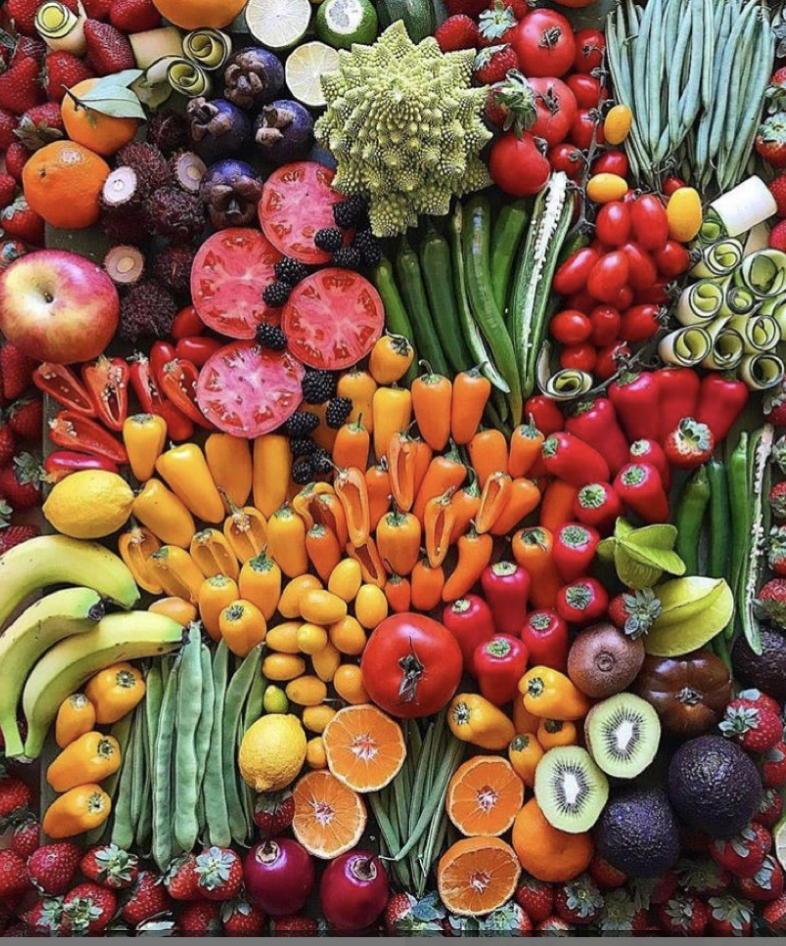
Fruits and vegetables contain essential nutrients for the body, vitamins, minerals, antioxidants, water and fiber.
The fruit is rich in vitamin C (ascorbic acid), which acts as an antioxidant essential for strengthening the immune system and synthesizing collagen. A deficiency of this vitamin can have serious consequences, even life-threatening.
Vegetables are rich in minerals such as zinc, phosphorus, potassium, iron, calcium, magnesium, which are essential for the proper functioning of our body.
Its high water content facilitates the elimination of toxins from our body and helps to keep us hydrated.
Fiber helps intestinal transit.
They contain antioxidants that protect against nervous system diseases, cardiovascular diseases and some types of cancer.
The WHO (World Health Organization) recommends five pieces of fruit and vegetables a day to reduce the risk of cardiovascular disease, diabetes and cancer.
Fruits and vegetables are essential for the prevention of obesity in the population, with an emphasis on children and the elderly.
In children, the consumption of fruits and vegetables is essential for their growth and physical and intellectual development.
A WHO and FAO (Food and Agriculture Organization of the United Nations) report recommends a daily intake of 400g of fruit and vegetables (excluding potatoes and other tubers). to prevent chronic diseases such as cancer, diabetes, heart disease or obesity.
Childhood obesity is one of the most serious public health problems of the 21st century. It is estimated that in 2016 there are more than 41 million children under 5 five years old who are overweight and obese. Overweight children tend to remain obese into adulthood AND in turn suffer from diseases such as diabetes or cardiovascular problems.
Several countries in different parts of the world have adopted measures to promote healthy eating in public establishments.
This year, UN Secretary General Antonio Guterrez will convene a Food Systems Summit as part of the Decade of Action to achieve the Sustainable Development Goals (SDGs) by 2030. It will bring together people from science, politics, business, farmers' groups and indigenous peoples to draw up a plan for healthier and more environmentally friendly food for all.
Thanks to the Summit, the world will become aware of the importance of food and food production. Food systems affect every aspect of human existence: the health of our bodies, the environment, our economy.
Data from 2005 show the long-term consequences of an unhealthy lifestyle. About 2.5 million people die each year as a result of obesity and overweight.
WHO recommends:
Restrict sodium intake and ensure that the salt consumed is iodized.
Limit consumption of free sugars.
Prioritize the consumption of unsaturated fats over saturated fats.
Stop using transgenic fatty acids from industrial processing.
Increase consumption of whole grains, vegetables, fruits, legumes and nuts.
A good diet combined with exercise is essential for good health.

